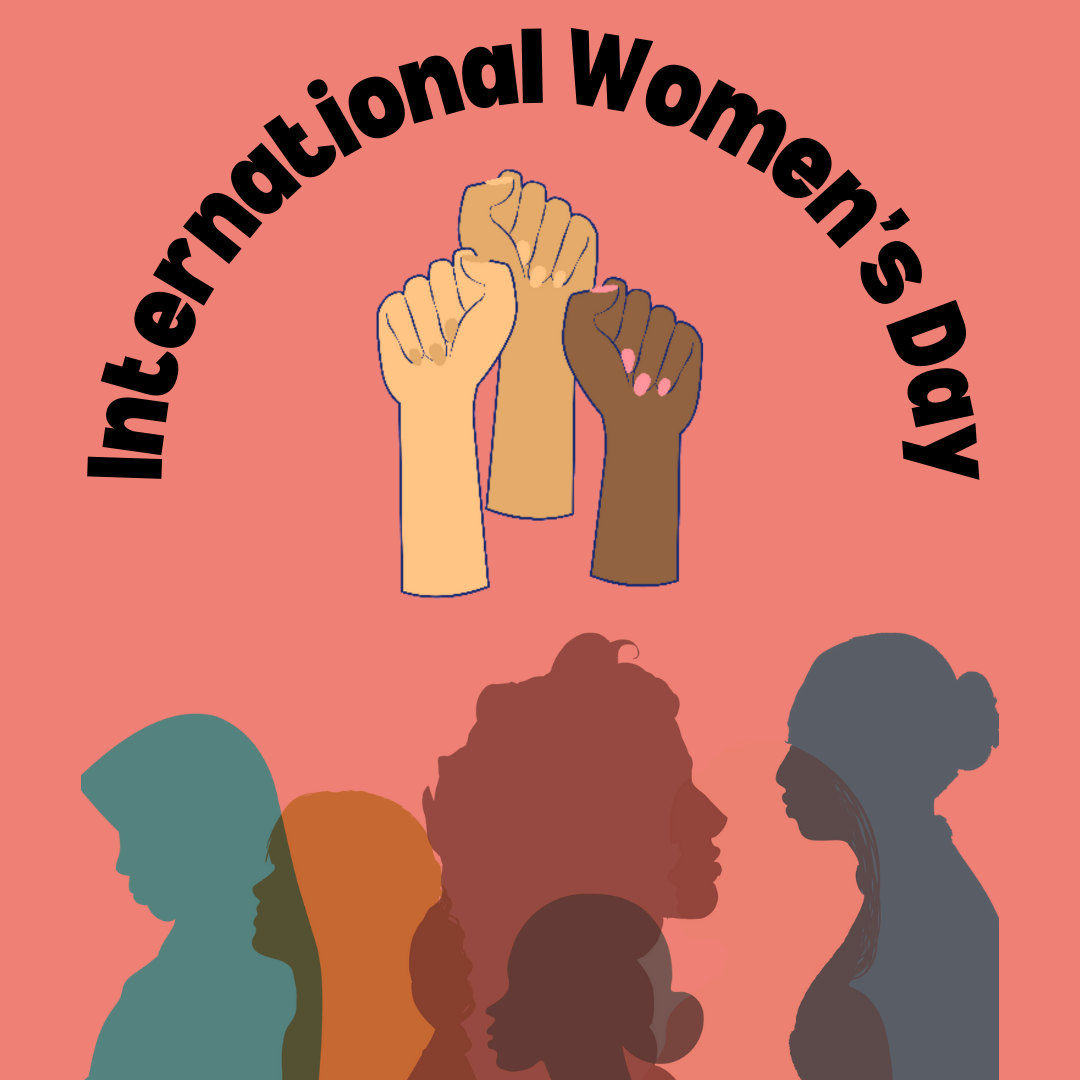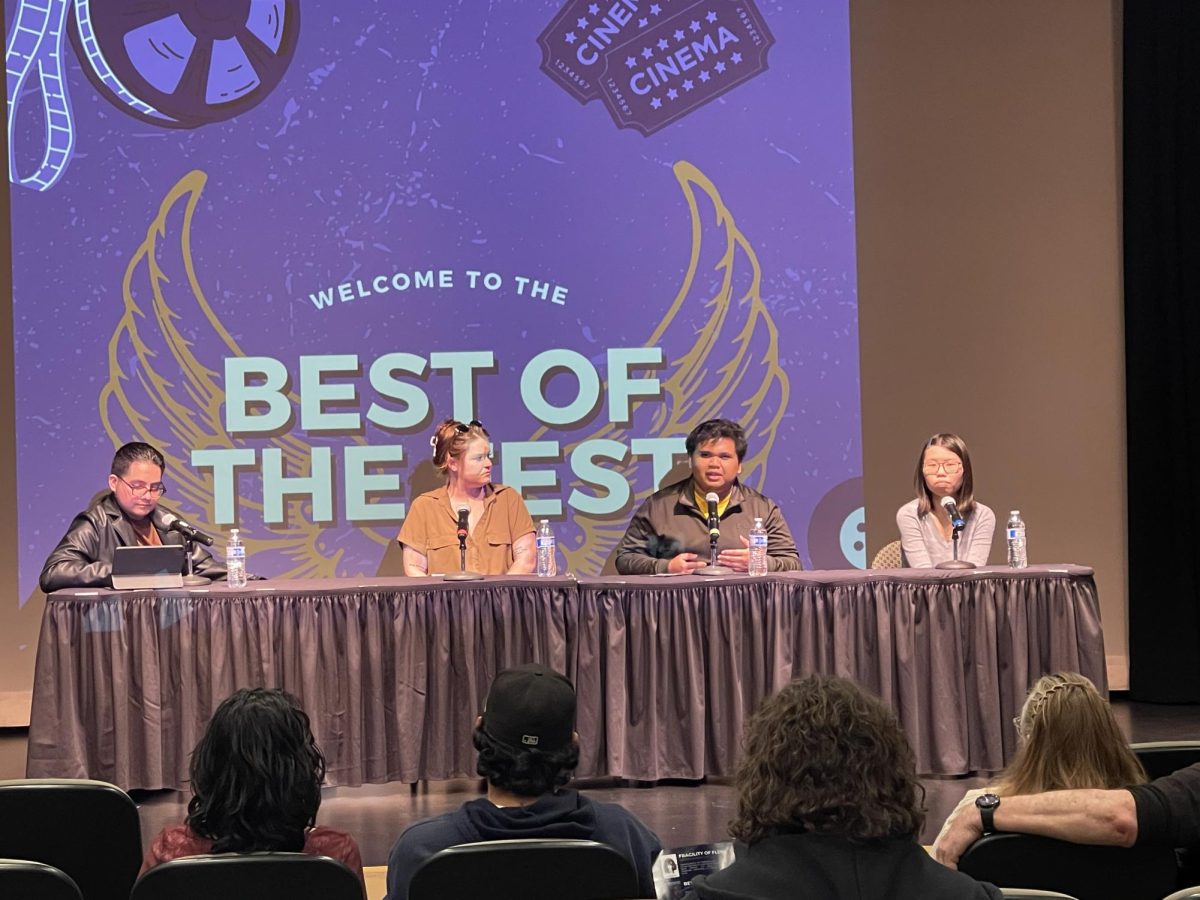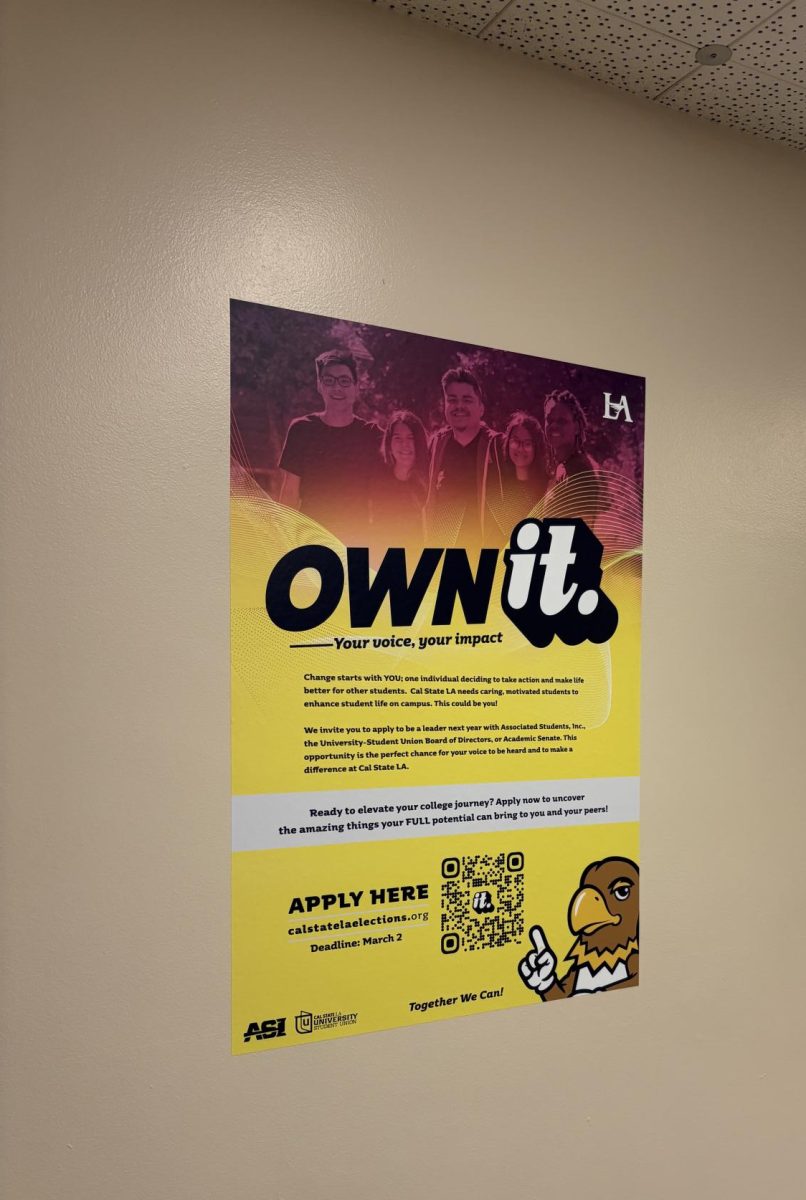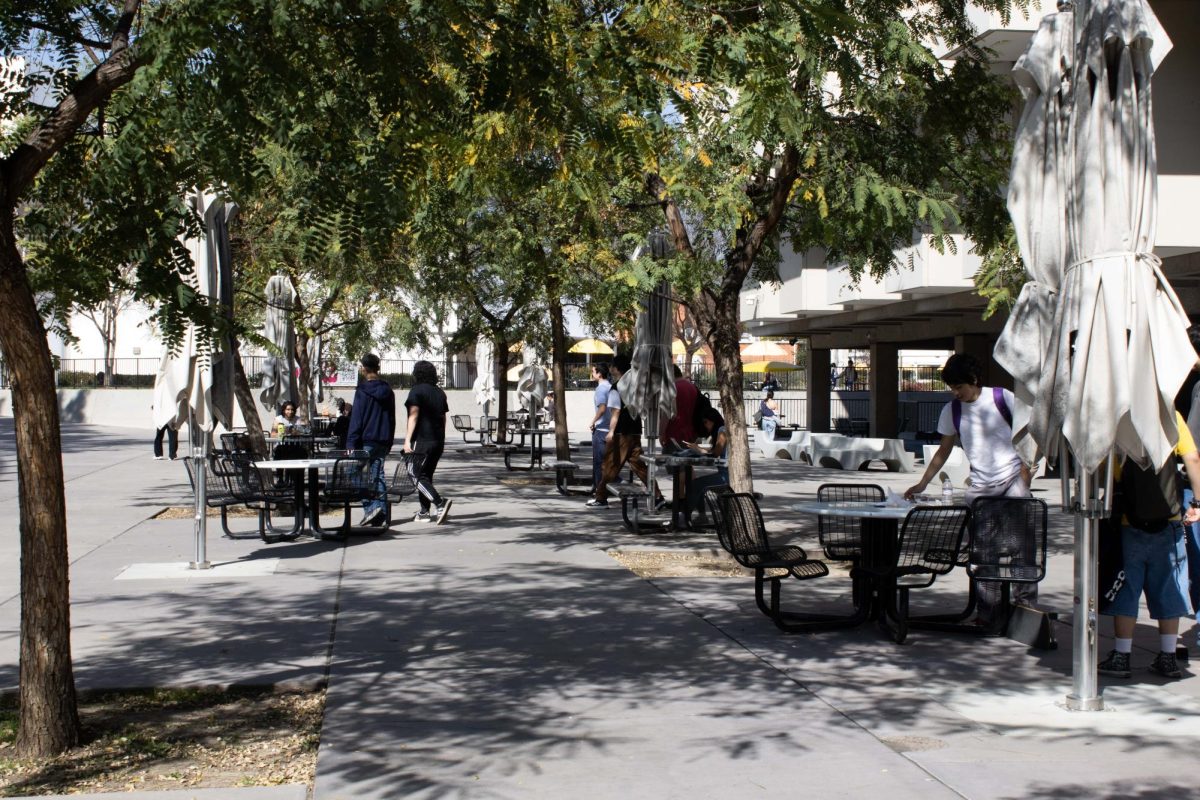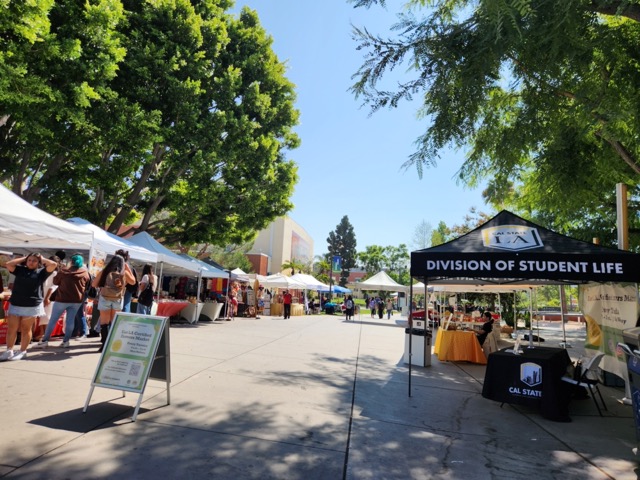International Women’s Day is celebrated annually on March 8 and was first officially recognized as a holiday by the United Nations in 1977, according to its webpage. On this day, women from around the world are celebrated and recognized for their achievements in various different fields.
On March 8, the Center for Student Involvement held an on-campus event celebrating Women’s Day with speakers from the Department of Women’s Gender and Sexuality Studies, Cal State LA alumni, community advocates and food from local female-owned businesses, according to the university’s website.
The first celebration of the gender-equality holiday was in 1857 when female textile workers protested about women’s unequal rights and unfair working conditions in New York City, according to the United States Census Bureau. By 1910, the holiday was recognized annually as International Women’s Day.
Since the birth of the holiday, during the women’s suffrage movement, various women’s rights movements have taken place across the globe. During the women’s liberation movement between 1963 to around 1980, important Supreme Court decisions such as the Equal Pay Act and Roe v. Wade passed, according to History.com.
In the 1990s, women focused on addressing issues such as workplace sexual harassment, patriarchy, rape, abuse and the freedom to express their sexuality. In the present day, social media movements such as #MeToo, have been a platform for victims of sexual abuse to spread awareness and call out their abusers.
All of these movements were led by feminism, or the idea that women should have equal rights and opportunities.
A fellow University Times reporter and I asked ourselves and a few other students at Cal State LA: ‘What does it mean to be a feminist?’
Third year student, Cara Dauglash-Heredia said to be a feminist means to fight for the equality and empowerment of all walks of life.
“It encompasses not only cis women, but transwomen, non-binary, gender non-inclusive, men, everyone who is breathing air,” Dauglash-Heredia said.
Co-President of the Women’s Gender and Sexuality club, Sofia Portillo, agrees and said that feminism encompasses more than just the fight for women’s equal rights and that it is the fight for the equality of all genders.
OPINION: Two University Times reporters share their thoughts on feminism
By, Tristan Longwell
To me, to be a feminist has always meant to advocate for women’s equal rights and to support the females around you.
It has also always meant that my ability to be brazen does not take away from my femininity.
I see myself as outwardly traditionally feminine by many people’s standards and when I stand up for myself using big words, a serious tone and direct eye contact it confuses people. As women, the slightest change in our facial expression, tone or stance threatens people’s traditional ideas about how a woman is allowed to speak up for herself.
Feminism means that women have every right to stand up for themselves, without it taking away from their femininity.
Being a feminist means that we don’t allow any jealousy we may feel to stop us from recognizing the achievements of fellow females.
By, Christiane Rios
Feminism is liberation and equality. It exposes the seedy underbelly of patriarchy built off undertones of misogyny, inequality, and oppression. Feminism has individuals questioning the system and society. It’s the sexism women face the day they are born and the shame they may feel compared to men.
Feminism is an understanding of those who come from different backgrounds and empowering others around you. It’s a striving towards equal opportunities for women, both politically and economically. Feminism is the acknowledgment of the patriarchal structure that has been harmful to women since the beginning. It’s the liberation and unity from a male-dominated world. The belief of dismantling discrimination based on race, gender, and sexuality. Feminism is here to encourage individuals of all identities to be their true authentic self. It’s the recognition of the heteropatriarchal structure.
“I am not free while any woman is unfree. Even when her shackles are very different from my own.” – Audre Lorde, American writer, philosopher, intersectional feminist
We must teach young girls that they can achieve anything and abandon that chauvinist thinking. We must not let men tell us who and what we can be at the end of the day. We are strong individuals who learn and grow faster. Why must women abide by the male society? I may be in my early 20s, but I have faced many instances of sexism and misogyny.
As a collective, we shall abandon the beliefs or notions of what society expects of women. Unless you want children, though, if that’s what makes an individual happy, then that’s all that matters and being a parent is one of the toughest jobs. However, we will abandon the urge to question women’s answers and respect them rather than conform to their wishes. What if childhood trauma is causing an individual not to want kids? Women deserve the world; if we ran it, the world would be a better place. Women have been expected to be homemakers since the dawn of time. We deserve to stay authentic and live stable and fulfilling lives. Sexual oppression is a feminist matter based on women being ridiculed based on their right to sexual freedom. Sexuality is freeing and is a social activity, the truth about ourselves. Women will not be oppressed based on sexuality. Intersectionality is a framework of sexual expression and the variation of all identities and experiences.

